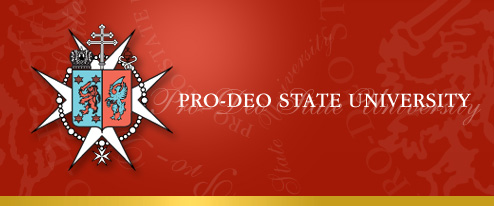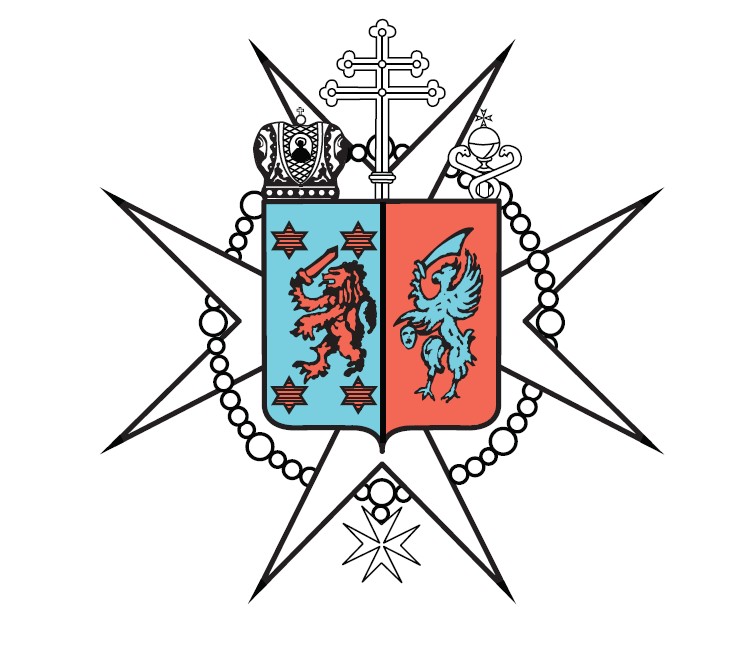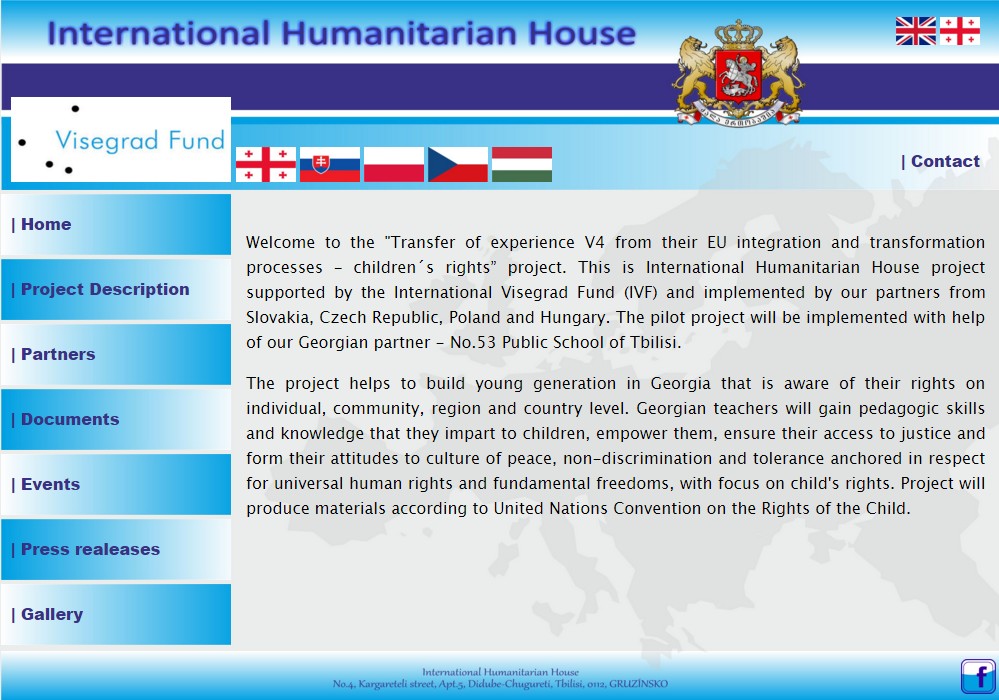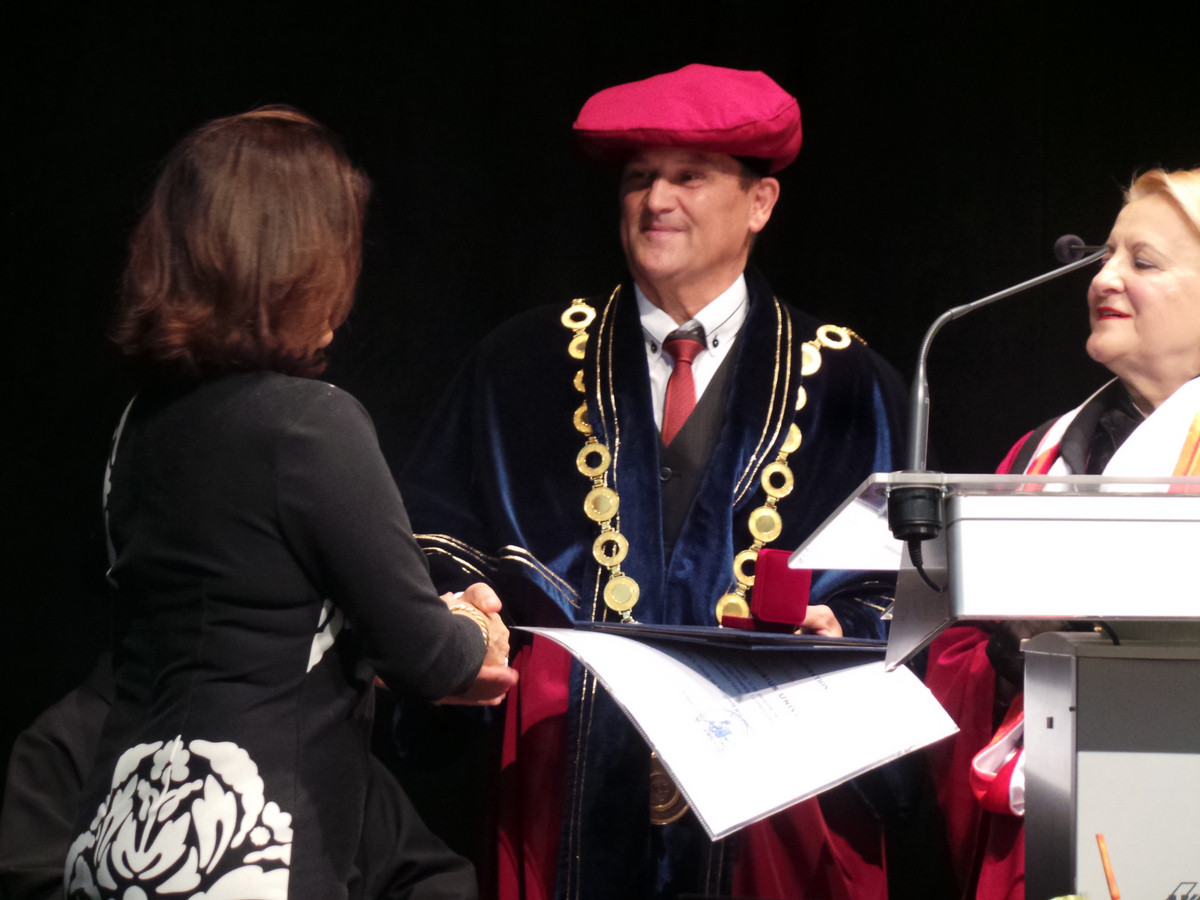| Faculty of Tourism Sciences |
|
Department of Tourism Sciences
Department of Religious Tourism
1. History of religion
2. Psychology of religion
3. Philosophy of religion
4. Sociology of religion
5. Symbolism
6. Iconography
7. Religious ethnography
8. Religion and art
9. Religion and literature
10. Religious tourism
Description of the courses: 1. History of religion 1.1. Eastern religions
1.2. Islam
1.3. Judaism
1.4. Christianity
2. Psychology of religion 2.1 The scientific psychology of religion
2.2 The essence and structure of religious experience at the primitive religions
2.3 The religious development of personality
2.4. Mental process, forms and consequences of conversion
2.5 Specific appearance and significance of mysticism by ages
2.6 Extraordinary religious experiences: visions, apparitions
2.7 Features and motives of popular religion
2.8 Religion substitutes: deviant violence (fanaticism, fundamentalism), sects, black art
2.9 Individual psychological and social consequences of religion substitutes
2.10 The meaning of functional religion, the interpretation of behaviour
2.11 Religion as a way of dialogue and reconciliation
3. Philosophy of religion 3.1 Religious science, theology and philosophy of religion
3.2 The religious experience
3.3 The subject of natural theology and way of reasoning
3.4 God arguments of St. Thomas Aquinas
3.5 Hypothesis of the existence of God as the ultimate explanation
3.6 The philosophical critique of religion
3.7 Atheism, as a historical phenomenon and philosophical question
3.8 The philosophical problem of speaking about God
4. Sociology of religion 4.1 The subject and methods of sociology of religion
4.2 Religion sociological classics and their religious interpretation
4.3 Sociology of religion in Hungary
4.4 Sociology of religion in Slovakia
4.5 The social history of religion in Hungary and in the world
4.6 Contemporary definitions related to the sociological study of the religion
4.7 Modernization
4.8 Secularization
4.9 The “invisible” religion
4.10 The measurement of religiosity
5. Symbolism 5.1 The definition of symbolism
5.2 Symbolism and mysticism
5.3 Symbol system of the early Christian Church
5.4 Vernacular symbolism
6. Iconography 6.1 The concept of “religious” art
6.2 Byzantine iconography
6.3 Pantocrator
6.4 History of iconography
6.5 Iconology
7. Religious ethnography 7.1 Basics: ethnography, religious folklore, religion ethnology, religion anthropology, popular religion, lay piety, popular belief, religious folk customs, folk traditions of the Church law, etc.
7.2 Religious ethnographic research in Europe
7.3 The research history of popular religion in Hungary
7.4 Popular religion in the middle ages
7.5 The early modern changes of popular religion
7.6 Pilgrimage
7.7 Individual and community (lower clergy, “holy men”, lay religious leaders)
7.8 Individual and community (religious societies, associations)
7.9 Holy Sites (from the church to sacred little relics)
7.10 Sainted times (feasts of the liturgical year)
7.11 Religious aspects of human life turns (transition rites)
7.12 Characteristics of the Protestant, Jewish and Gypsy folk religiosity
7.13 Popular religion in the 21st century
7.14 Sándor Bálint's work
8. Religion and art 8.1 The sacred and the profane
8.2 Art of prehistoric hunters
8.3 The sacred art of ancient Eastern empires
8.4 The Egyptian temple
8.5 Dead Cult
8.6 The Greek sculpture
8.7 Conceptual art
8.8 The classical Greek art
8.9 Representation in Greek painting
8.10 The Doric Temple
8.11 Doric order
8.12 Christianity and Art
8.13 Early Christian sarcophagi
8.14 Hellenistic effects
8.15 Birth of the monumental Christian art
8.16 The Roman mosaic art
8.17 Byzantine art
8.18 The Gothic church architecture
8.19 The Renaissance Painting
8.20 Renaissance Madonna-photos
8.21 Florentine sculpture of the 15th century
8.22 Reformation, Catholic Renewal
8.23 Baroque painting
9. Religion and literature 9.1. Religion and Literature
9.2 Religion, literature, anthropology – links
9.3 Religion, literature, myth
9.4 The characteristics of religious language
9.5 Shaping of religious experience into linguistic, literary form
9.6 Mystical literature
9.7 The literary genres, as media of faith and religious teachings, experiences
9.8 Canon, canonization
9.9 Hermeneutic problems of interpreting the canon
9.10 Hermeneutic questions of translating religious literature
10. Religious tourism 10.1 The concept of religious tourism
10.2 Church and tourism
10.3 Package holiday guests – visiting the holy places as tourist attractions
10.4 Private, non-organised guests
10.5 „Cultural tourists”
10.6 Pilgrims, arriving in an organised retreat
10.7 Educational programs for leaders of religious tourism
10.8 Information boards, polyglot publications
|

 EU
EU


 The Magisterial House of the Federation, in full respect for the religious options of our Knights and Dames, in accordance with the Universal Declaration of the Human Rights of the United Nations, comes to express to all the greetings for the present season, namely for the following religions:
The Magisterial House of the Federation, in full respect for the religious options of our Knights and Dames, in accordance with the Universal Declaration of the Human Rights of the United Nations, comes to express to all the greetings for the present season, namely for the following religions: Welcome to the "Transfer of experience V4 from their EU integration and transformation processes - children´s rights” project. This is International Humanitarian House project supported by the International Visegrad Fund (IVF) and implemented by our partners from Slovakia, Czech Republic, Poland and Hungary. The pilot project will be implemented with help of our Georgian partner - No.53 Public School of Tbilisi.
Welcome to the "Transfer of experience V4 from their EU integration and transformation processes - children´s rights” project. This is International Humanitarian House project supported by the International Visegrad Fund (IVF) and implemented by our partners from Slovakia, Czech Republic, Poland and Hungary. The pilot project will be implemented with help of our Georgian partner - No.53 Public School of Tbilisi.
 Alapítása óta 10 sikeres oktatási év telt el a Sladkovicovo/Diószeg városban működő Danubius Főiskola életében, Doc. Ing. Djamal Gasymov PhD, az Akadémiai Tanács elnöke, és Prof. Mgr. Miroslav Danis rektor vezetésével.
Alapítása óta 10 sikeres oktatási év telt el a Sladkovicovo/Diószeg városban működő Danubius Főiskola életében, Doc. Ing. Djamal Gasymov PhD, az Akadémiai Tanács elnöke, és Prof. Mgr. Miroslav Danis rektor vezetésével.